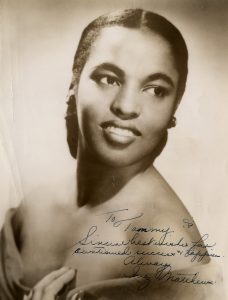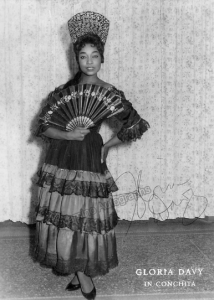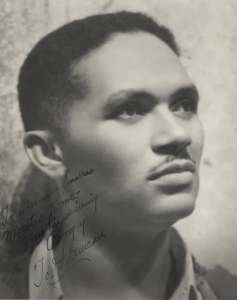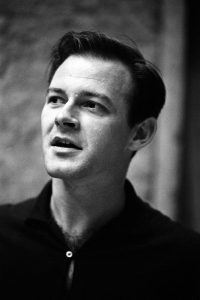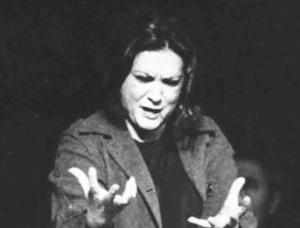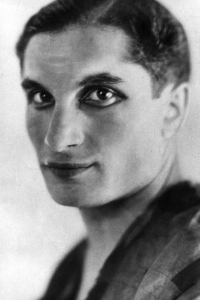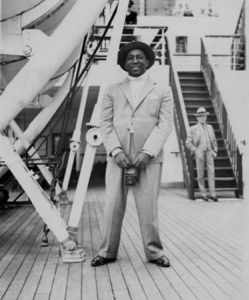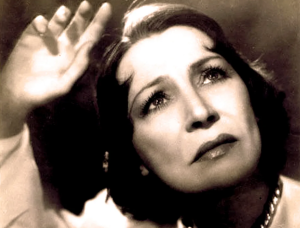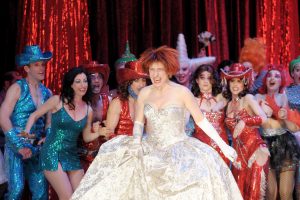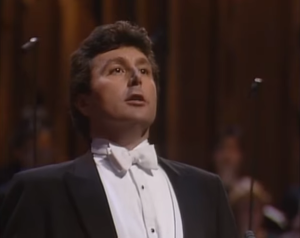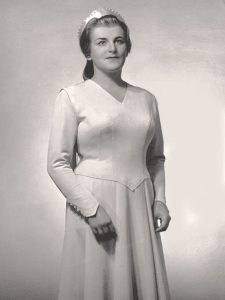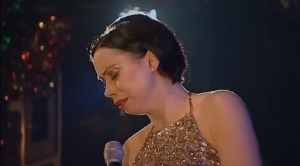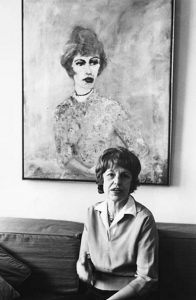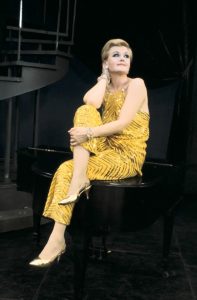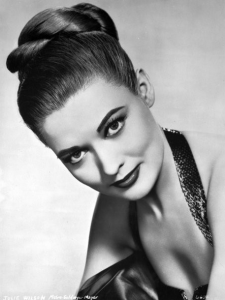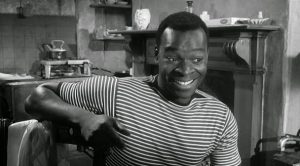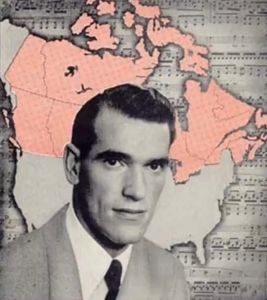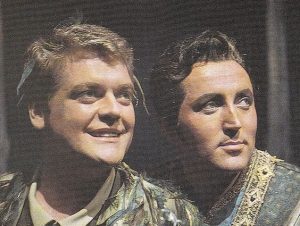Podcast: Play in new window | Download (Duration: 57:52 — 79.5MB) | Embed
Subscribe: Spotify | TuneIn | RSS | More
To kick off Black History Month 2026 (which, contrary to the current US administration, is still a thing, and not just on Countermelody, either!), I present to you another Zwischenfach singer, the (mezzo-)soprano Inez Matthews. She was born in Ossining, NY on 23 August 1917 and died in the Bronx on 28 March 2004. She is probably most famous for singing the role of Serena on the legendary 1951 (nearly) complete recording of Porgy and Bess (as well as lending her voice to the 1959 Otto Preminger film) which was conducted by Lehman Engel and starred icons Lawrence Winters and Camilla Williams. She also created the role of Irina in Kurt Weill’s Lost in the Stars (opposite Todd Duncan, who created the role of Porgy in 1935). She also sang in the 1952 revival of Virgil Thomson and Gertrude Stein’s Four Saints in Three Acts, alongside her brother Edward, who created the role of Saint Ignatius in the work’s 1934 premiere. In spite of these impressive credentials, Inez Matthews today is not nearly as well-remembered as, say, either Winters or Williams. In addition to these accomplishments, Matthews also recorded in 1954 Schubert’s two major song cycles Schöne Müllerin and Winterreise as well as the posthumous Schwanengesang collection. That as early the mid-1950s Inez Matthews was the first Black artist (and only the second woman after Lotte Lehmann) to record those Schubert cycles, is extroardinary; that her performances are so exceptionally good, lends these recordings more than mere historical value. However, until the song cycles were recently reissued by Parnassus Records as part of their “Black Swans” series, these remained virtually inaccessible to listeners. Today’s episode includes selections from almost all the above-mentioned recordings, as well as an exceptional 1953 recording of spirituals accompanied by Jonathan Brice, brother of the esteemed contralto Carol Brice. And let us also tip our hats to Herr Schubert, who just celebrated his 229th birthday!
Countermelody is the podcast devoted to the glory and the power of the human voice raised in song. Singer and vocal aficionado Daniel Gundlach explores great singers of the past and present focusing in particular on those who are less well-remembered today than they should be. Daniel’s lifetime in music as a professional countertenor, pianist, vocal coach, voice teacher, and author yields an exciting array of anecdotes, impressions, and “inside stories.” At Countermelody’s core is the celebration of great singers of all stripes, their instruments, and the connection they make to the words they sing. By clicking on the following link (https://linktr.ee/CountermelodyPodcast) you can find the dedicated Countermelody website which contains additional content including artist photos and episode setlists. The link will also take you to Countermelody’s Patreon page, where you can pledge your monthly or yearly support at whatever level you can afford.
